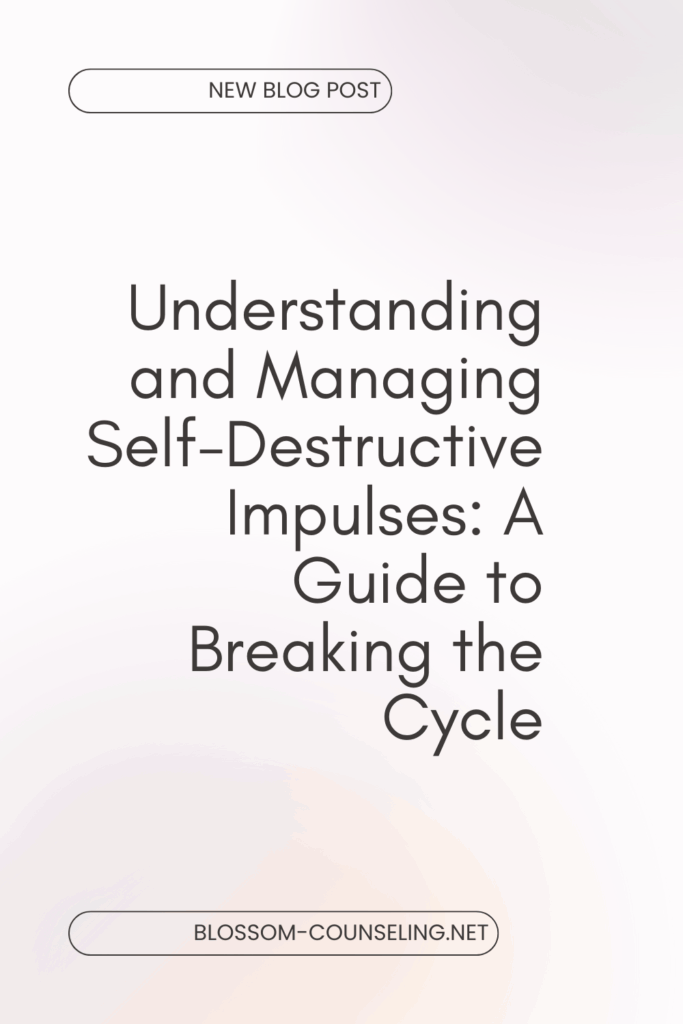
In our journey through life, we all carry our own set of emotional luggage. Some pieces are light and easy to manage, while others are heavy, cumbersome, and often, deeply personal. When it comes to sharing these heavier aspects, particularly our traumas, the concept of ‘trauma dumping’ emerges as a complex and delicate topic.
What Exactly is Trauma Dumping?
Imagine this: You’re catching up with a friend over coffee. As the conversation flows, it suddenly takes a sharp turn. Your friend starts sharing intensely personal, traumatic experiences without much warning or consideration of the setting or your capacity to handle this heavy emotional content. This, in essence, is trauma dumping.
Trauma dumping is the act of unloading one’s traumatic experiences, often in great detail, onto someone else, typically without prior consent or warning. It differs significantly from seeking support or having a mutually agreed-upon conversation about difficult experiences.
Why Does it Matter?
Understanding trauma dumping is crucial for two main reasons. Firstly, it can be overwhelming for the person on the receiving end, especially if they’re unprepared or lack the emotional capacity to handle such intense information at that moment. It can also lead to feelings of discomfort, anxiety, or even secondary traumatic stress.
Secondly, for the person sharing, trauma dumping might not provide the thoughtful, supportive response they need. It’s like applying a Band-Aid to a deep wound; it might briefly cover the issue but doesn’t lead to genuine healing.
The Fine Line: Sharing vs. Dumping
Now, this isn’t to say that sharing personal traumas is inherently wrong. In fact, sharing our experiences in a supportive environment is often a key step in the healing process. The difference lies in the approach and the environment. Healthy sharing involves mutual consent, an appropriate setting, and a level of reciprocity, where both parties feel comfortable and supported.
How to Avoid Trauma Dumping
Check-In With Yourself and Your Audience: Before sharing, ask yourself if this is the right time and person. Also, consider checking in with the other person to see if they’re in the right headspace to listen.
Seek Appropriate Venues: Sometimes, what we need is a professional ear – therapists, counselors, and support groups are equipped to handle such conversations, providing the necessary support and guidance.
Establish Boundaries: It’s okay to set boundaries, both as a sharer and a listener. If you’re on the receiving end, it’s perfectly acceptable to say, “I’m not sure I can provide the support you need right now.”
Being on the Receiving End
If you find yourself on the receiving end of trauma dumping, it’s important to protect your mental space. You can offer to help find appropriate resources or gently steer the conversation to setting up a more suitable time or place for such discussions.
The Role of Therapy in Trauma
For those carrying the weight of traumatic experiences, therapy can be a safe and effective way to unpack these memories. Therapists offer a non-judgmental space to explore and understand your trauma, helping you develop healthy coping mechanisms and gradually heal.
In our modern world, where sharing has become second nature, understanding the dynamics of trauma dumping is more important than ever. It’s about finding a balance between seeking support and respecting mutual emotional boundaries. Remember, it’s not about silencing our stories; it’s about sharing them in ways that are healing for us and considerate of others.
If you’re navigating these complex emotional waters and looking for a guiding hand, know that there are professionals ready to support you. Whether it’s managing the impacts of receiving trauma or finding healthier ways to share your own, you don’t have to walk this path alone.




